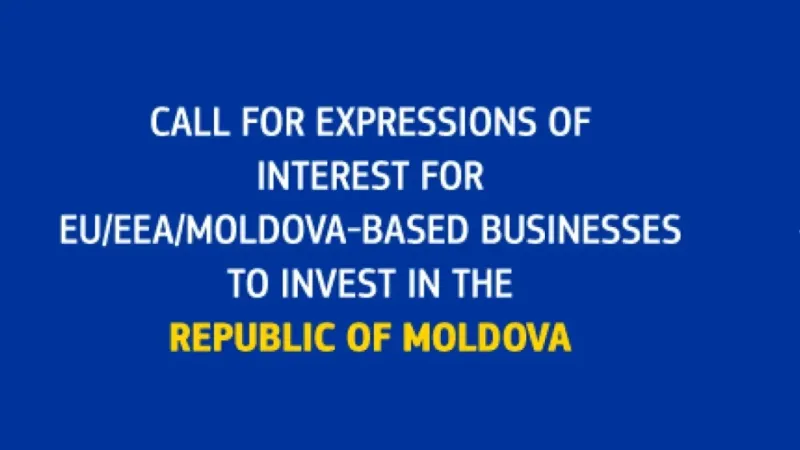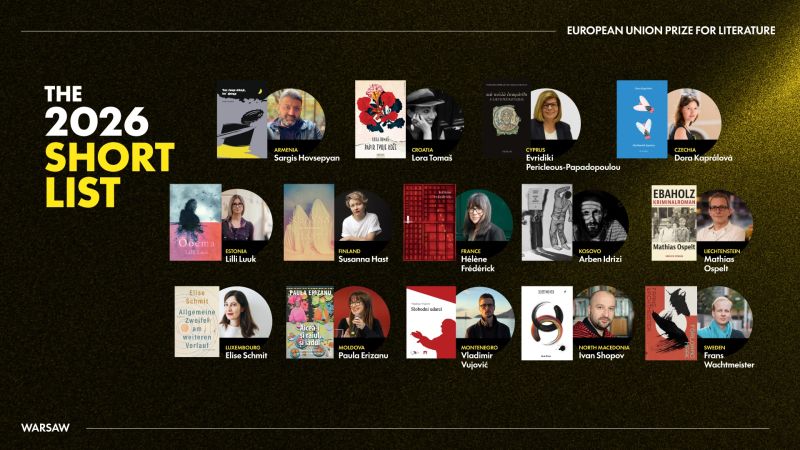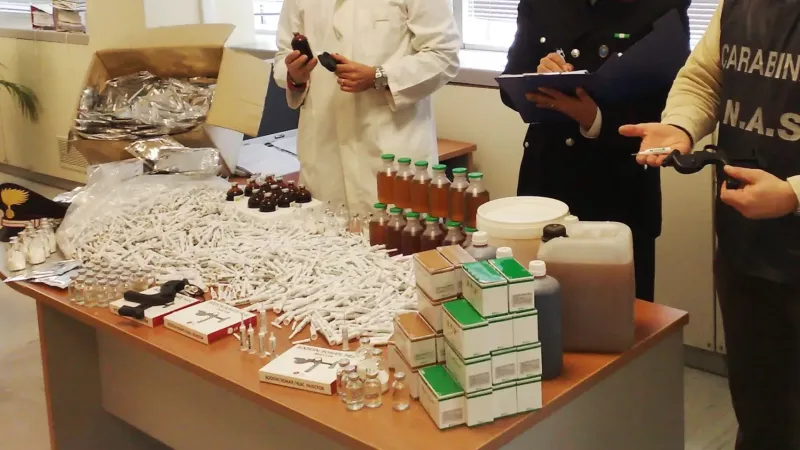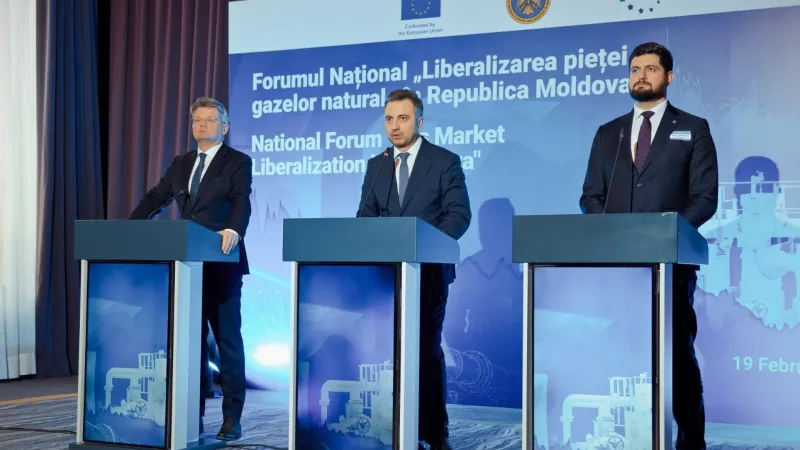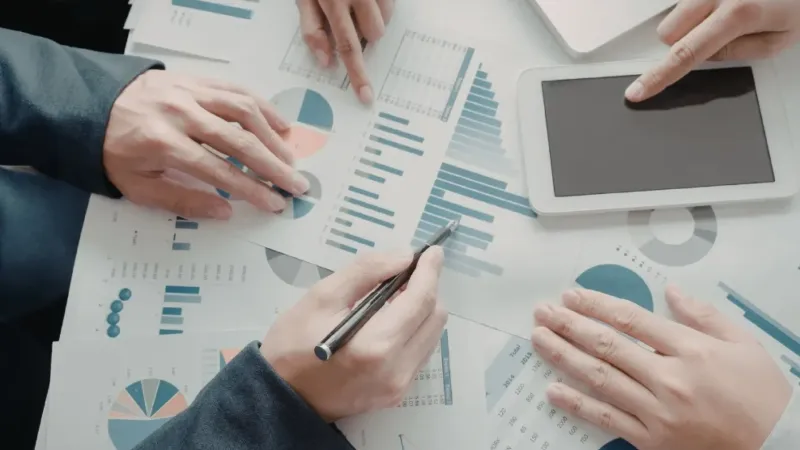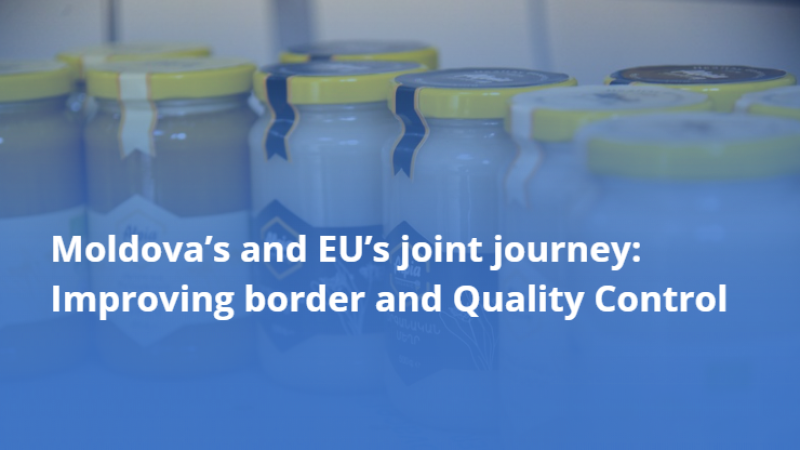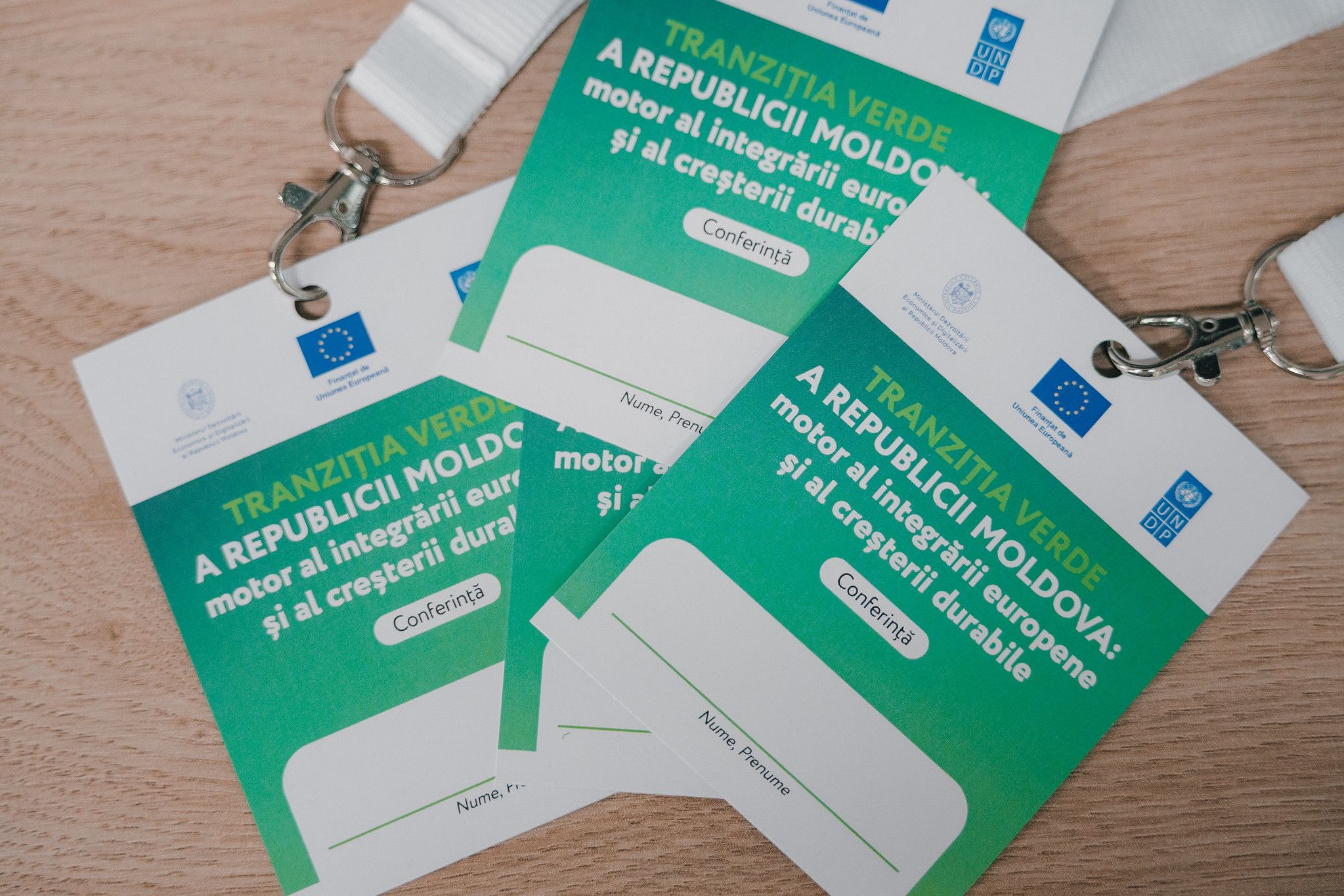
European Union and UNDP support Moldova’s transition to a green and circular economy
Aligning Moldova’s economic development with key sustainability principles and the transition from a linear to a circular economy – these are the flagship topics tackled at the national conference “The Green Transition of the Republic of Moldova: A Driver of European Integration and Sustainable Growth”.
The event was organized by the European Union and the United Nations Development Programme (UNDP), in partnership with the Ministry of Economic Development and Digitalization, in the framework of the project “Enabling an Inclusive Green Transition in the Republic of Moldova”.
The conference explored key dimensions of the green and circular economy, including environmental, social, and governance (ESG) principles, management and audit systems, as well as other topics central to sustainable development. The initiative was held in the context of the European Sustainable Energy Week (EUSEW) and Entrepreneurship Week.
The conference brought over 100 participants, including high-level government officials, development partners, entrepreneurs, civil society representatives. The main message was that building a greener economy isn’t just about sustainability—it’s also a key factor in strengthening Moldova’s long-term prosperity and resilience.
“The green transition is not an option—it is a necessity. Moldova is determined to accelerate reforms that ensure environmental responsibility is integrated into every layer of our economic system. Through frameworks such as Environmental, Social and Governance, Extended Producer Responsibility and circularity, we are building a future that is both sustainable and economically sound, while meeting the standards essential for European integration,” said Doina Nistor, Deputy Prime Minister and Minister of Economic Development and Digitalization.
Stephen Stork, Head of Finance and Contracts, European Union Delegation to the Republic of Moldova, stated: “The green transition in Moldova is, fundamentally, a financial transition. It is about shifting investment toward low-carbon, resource-efficient, and resilient solutions. We must improve green budgeting, enhance Moldova’s ability to track climate-related expenditure, and increase transparency in how green funds are distributed and used. This is not merely an administrative task—it is a matter of trust, effectiveness, and ensuring value for every investment made in Moldova’s future.”
The participants at the event highlighted the importance of accelerating the implementation of:
- Environmental, Social and Governance (ESG) principles: these enhance corporate accountability and help local companies to gain new markets.
- Extended Producer Responsibility (EPR): an essential policy tool to reduce waste and improve recycling systems.
- Eco-Management and Audit Scheme (EMAS) framework: a certification system that verifies compliance with environmental legislation and demonstrates an organization’s commitment to continuous environmental performance improvement.
“The green agenda is at the heart of the Republic of Moldova’s journey toward a resilient and inclusive future. By advancing the Environmental, Social, and Governance framework, fostering circular economy practices and strengthening extended producer responsibility, Moldova is laying the foundation for a sustainable economy that benefits all people. Together with our partners, we will continue to support the country’s green transition, ensuring that environmental stewardship drives economic growth and social equity hand in hand”, mentioned Daniela Gasparikova, UNDP Resident Representative to the Republic of Moldova.
The “Enabling an Inclusive Green Transition in the Republic of Moldova” funded by the European Union and implemented by UNDP, will continue to support Moldova’s green and circular economy initiatives. Particular focus will be placed on the implementation of Extended Producer Responsibility legislation, strengthening the institutional capacities of relevant authorities and advancing the country’s green transition agenda.
